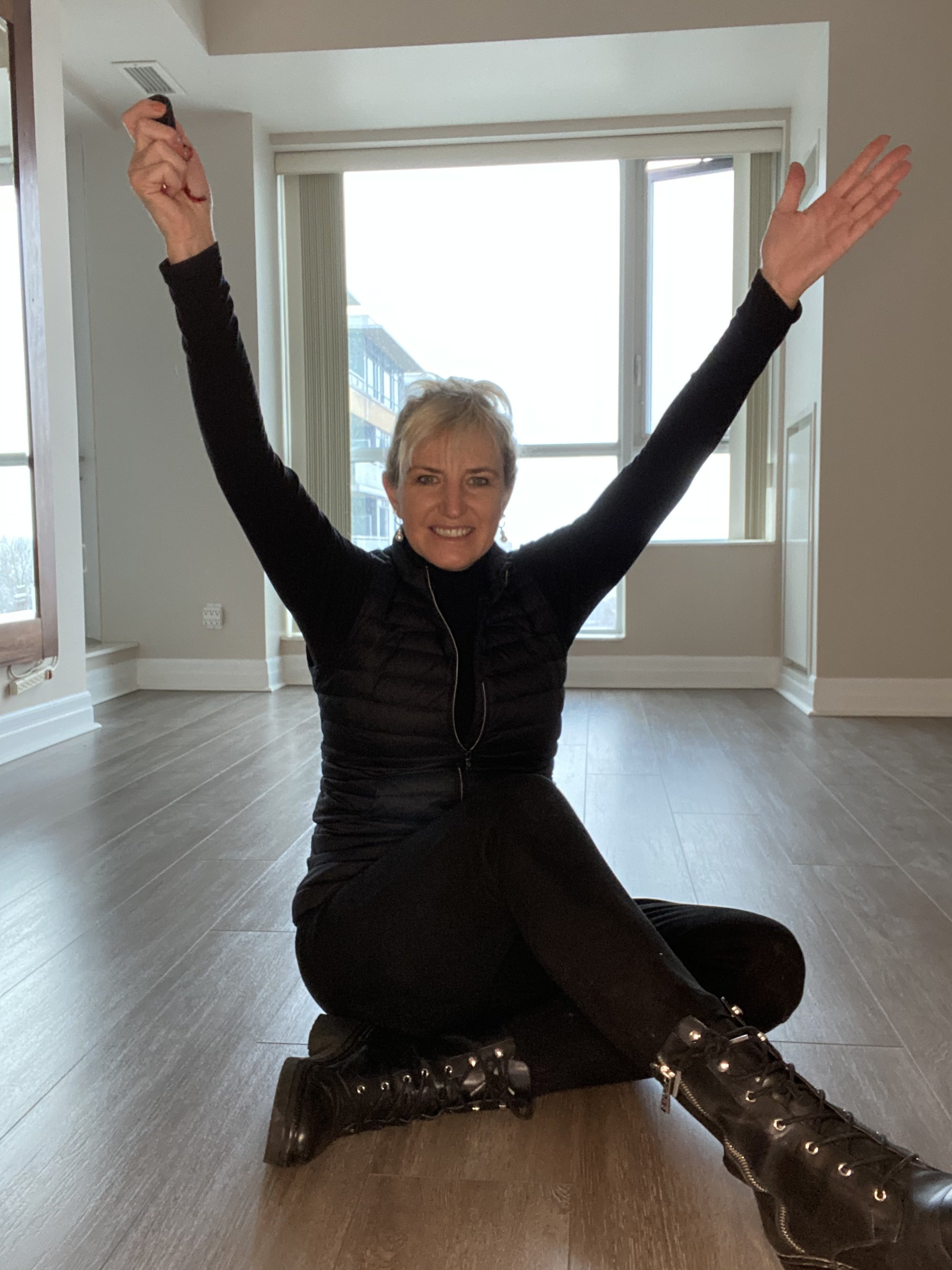Valentine’s Day is often the stuff of cliché – we purchase store-bought cards, chocolates, flowers and embrace the sentimentality of the day. There’s nothing wrong with this, because it reminds us to be thankful for the people in our lives.
But why not use the opportunity to express your own authentic feelings, in your own words, rather than relying on Hallmark? Just taking the time to write a heartfelt letter, card or phone call can give someone a much-needed emotional boost.
Much to my surprise, there has been a tremendous amount of scientific research conducted on gratitude. Defined as the active and conscious practice of giving thanks[1], gratitude has been shown[2]to be positively related to happiness, life satisfaction, optimism and well-being. It is negatively related to depression, anxiety and jealousy.[3]However, for gratitude to work effectively, the recipient must think the giver is genuine[4],[5]. This is one of those moments when you just can’t fake it. Gratitude has to be authentic and heart-felt.
Expressing gratitude is a powerful act of civility that benefits both the giver and the receiver, and normally it doesn’t cost a thing! However, we often underestimate the powerful value of gratitude, which keeps us from expressing it more often. Why is this?
In a series of experiments conducted by scientists at the University of Chicago to better understand gratitude, researchers hypothesized that there are several barriers to expressing gratitude. First, we assume people are already aware of our feelings. This is called this the ‘curse of knowledge’, which makes expression seem unnecessary because we don’t realize, or we forget, that others don’t know our feelings because we are already aware of them.
Second, we worry about showing gratitude the right way – are we using the right words, the right tone of warmth? In their experiments, which focused on written letters of gratitude, these scientists also considered awkwardness. Do we hold back because it feels uncomfortable? They found that while “expressers believed that receiving gratitude would be a relatively positive experience, it was even more positive for recipients than they expected.” These positive effects included surprise about receiving gratitude and surprise about the content of the letter. The act of gratitude also affected the recipient’s mood, creating joy and happiness.
What if we practiced gratitude more often? Could we instill more hope and reduce negative emotions? Laboratory studies show that people who were thanked gave more and worked harder for other people than people who were not thanked[vi]. Do we all put in more effort if we feel grateful or are some people thankful and helpful while others aren’t? It turns out that the days we feel thankful are days we’re more willing to help out.
Some experiments show that feeling gratitude improves well-being[vii]. In one experiment, people either described five things they were grateful for in the past week, five hassles from the week before, or five events that affected them in any way in the last week once per week for 10 weeks. People who described five things they were grateful for were happier, felt better about their life, and were more optimistic about their future than people in the other two groups. They had fewer health problems and exercised more than the other groups did.
In the second experiment, one group of people practiced gratitude every day for two weeks. The next group thought about the hassles in their life each day, and the third group thought about how they were better off than other people. People in the first group felt more joyful, enthusiastic, interested, attentive, energetic, and determined than the hassle group. The gratitude group helped others more with their personal problems, which means gratitude motivated people to look beyond themselves.
In a third experiment, people in one group thought about someone they were grateful for or wrote an essay or a letter to that person, while those in the control group described their living room. The people who practiced gratitude were happier than the control, especially those who thought about someone they were grateful for.
What or who are you grateful for? This Valentine’s Day, try practicing some heartfelt gratitude. Let me know how it makes you feel to give it, and what the response is from the person who receives it. You might be surprised!
Carolyn Ray is the Founder and CEO of AUTHENTICA, which helps organizations build trust. She previously led Interbrand’s Canadian office. Connect with her at @thecarolynray.
References: Special thanks to Ph.D. student Natasha Ouslis, who is pursuing her doctrate in Industrial and Organizational Psychology at Western University for her research in this area.
[1]Howell, R. T., Kern, M. L., & Lyubomirsky, S. (2007). Health benefits: Meta-analytically determining the impact of well-being on objective health outcomes. Health Psychology Review, 1(1), 83–136.
[2]Di Fabio, A., Palazzeschi, L., & Bucci, O. (2017). Gratitude in organizations: A contribution for healthy organizational contexts. Frontiers in psychology, 8, 2025.
[3]McCullough, M. E., Emmons, R. A., and Tsang, J. A. (2002). The grateful disposition: A conceptual and empirical topography. Journal of Personality and Social Psychology, 82, 112–127.
[4]Tesser, A., Gatewood, R., & Driver, M. (1968). Some determinants of gratitude. Journal of Personality and Social Psychology, 9(3), 233-236.
[5]Wood, A. M., Joseph, S., and Maltby, J. (2009). Gratitude predicts psychological well-being above the big five facets. Personality and Individual Differences, 46, 443–447.
[6]Goldman, M., Seever, M., & Seever, M. (1982). Social labeling and the foot-in-the-door effect. The Journal of Social Psychology, 117(1), 19-23.
[7]Emmons, R. A., & McCullough, M. E. (2003). Counting blessings versus burdens: an experimental investigation of gratitude and subjective well-being in daily life. Journal of Personality and Social Psychology, 84(2), 377-389.


